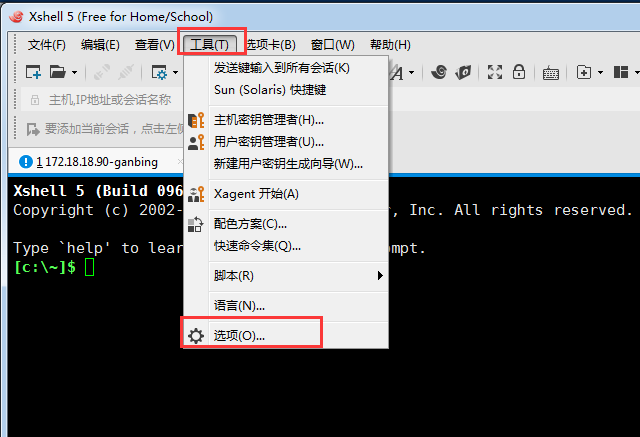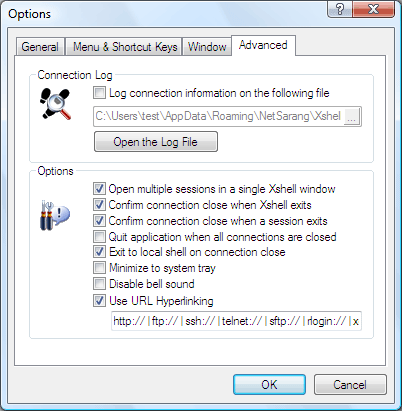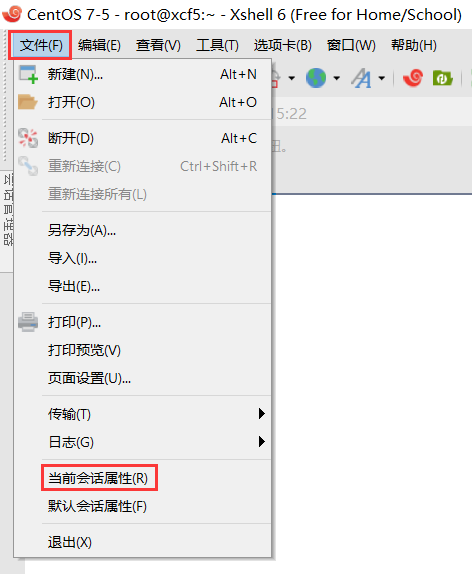


When using PAM, the OpenSSH codeĭoesn't read the passwd map directly the These make no difference if PAM support is enabled in OpenSSH,īecause they deal with how OpenSSH reads the Unix with-md5-passwords or - without-shadow might be relevant.
Xshell disable sound password#
If OpenSSH isn't using PAM, and password authentication still System: # cp contrib/redhat/sshd.pam /etc/pam.d/sshd

The contrib directory contains several exampleįiles for different flavors of Unix. Naming the copy "sshd" and placing it in the PAMĬonfiguration directory (usually /etc/pam.d ). This is usually just a matter of copying theĬontrib directory in the OpenSSH distribution, Of configuring PAM to support SSH, all password authentication will PAM (as Linux and HPUX do, for example), OpenSSH will probably haveīeen automatically compiled to use it. Performing authentication, authorization, and accounting in anĪpplication-independent fashion. One common problem on the server side involves OpenSSH andĪuthentication Modules configuration. Isn't matching the wrong section in the file. That your current command line (the one that isn't working) In particular, if your configurationįile contains Host values with wildcards, check Haven't accidentally set the wrong value for the $ scp myfile this still doesn't work, check your local client Remote username when connecting: $ ssh -l my_remote_username Username differ from the remote username? Then you must specify the If you are prompted for your password, but it is rejected, you mightĪccidentally be connecting to the wrong account. To make sure you don't have "PasswordAuthentication Also check your client configuration file Yes" for SSH1 and OpenSSH, "AllowedAuthentications Serverwide configuration file ("PasswordAuthentication Make sure the server permits password authentication in the If you seeĪuthentication might be disabled in the server. The remote system administrator might have changed it. Is being refused altogether, the SSH server is probably not running, Password authentication Password authentication isn't working. Value, SilentDeny controls whether the client seesġ2.2.2.2. It applies only to access control using AllowHostsĪnd DenyHosts. SilentDeny has nothing to do with authentication. SilentDenyĭoesn't seem to work for any authentication method. This feature was broken in SSH2 2.0.13, causing authentication always You are an end user of SSH1 or OpenSSH, set an idle-timeout value inĪuthorized_keys. Server machine, set IdleTimeout to a larger value To respond, the SSH server closes the connection. I get prompted for my password or passphrase, but before I have time


 0 kommentar(er)
0 kommentar(er)
